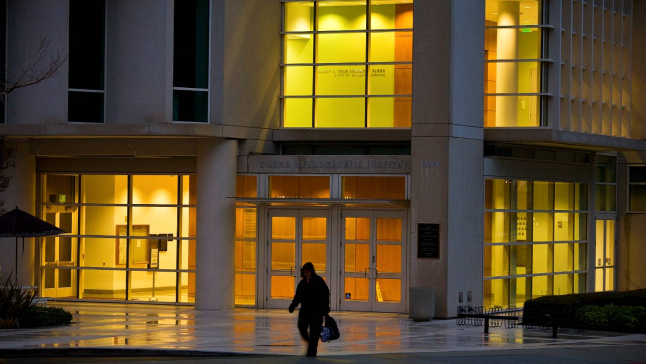Each Institute contributes uniquely to the USC ADRC’s comprehensive approach to ADRD research, from basic genetic studies to advanced patient care strategies, forming a robust network that fosters scientific discoveries and clinical innovations.
Each Institute contributes uniquely to the USC ADRC’s comprehensive approach to ADRD research, from basic genetic studies to advanced patient care strategies, forming a robust network that fosters scientific discoveries and clinical innovations.
Founded in 2003, the Zilkha Neurogenetics Institute is a cornerstone of USC’s neuroscience research, focusing on the genetic underpinnings of neurological disorders. ZNI’s cutting-edge facilities and interdisciplinary teams drive advancements in understanding the molecular mechanisms of neurodegenerative diseases, particularly Alzheimer's disease.

Established in 2013, the Stevens Institute for Neuroimaging and Informatics pioneers innovative imaging technologies and informatics approaches to brain research. The INI develops new MR imaging sequences and tools for the detailed analysis of brain structure and function, enhancing our understanding of Alzheimer's disease and related disorders.
Launched in 2015, ATRI specializes in the clinical aspects of Alzheimer's research, focusing on developing and implementing novel therapeutic strategies. It plays a key role in international clinical trials and is a hub for training the next generation of clinical researchers in Alzheimer's disease.
The mission of the USC Center for Personalized Brain Health is to uncover the role of APOE ε4 in the progression of Alzheimer’s disease, advance early diagnostic techniques, and offer personalized interventions. Through collaborative science, we aim to make a meaningful difference in the lives of patients at elevated risk for Alzheimer’s disease.